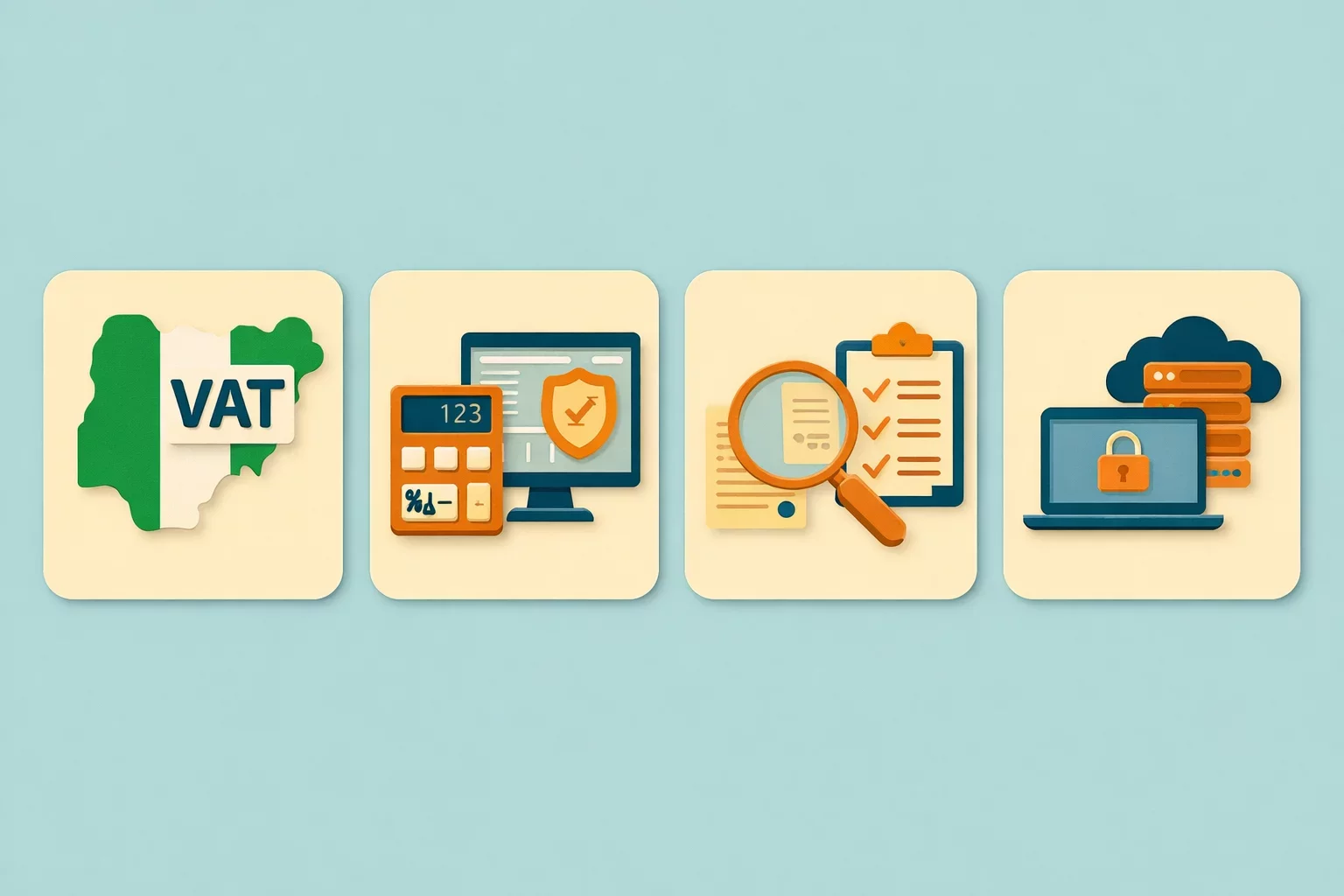Portugal 2026 Budget: Key VAT and E-Invoicing Updates
-eumafizrhm.webp)
The last quarter of the year typically marks the end of budget law-making for the upcoming year. On October 9, 2026, the Portuguese government presented its proposed 2026 State Budget Law (2026 Draft Budget), which introduces several indirect tax and e-invoicing measures. The 2026 Draft Budget is still pending parliamentary approval, but is set to take effect on January 1, 2026.
Main VAT and E-invoicing Measures
The most notable proposal in the 2026 Budget Draft is to extend the application of the reduced 6% VAT rate on the mainland and the 4% VAT rate on the Azores and Madeira to services involving the transformation of olives into olive oil.
On the digital side, invoices in PDF format will continue to be accepted as equivalent to e-invoices until the end of 2026. This measure was initially planned to stop on December 31, 2025, but, if adopted, will be extended to December 31, 2026. Furthermore, the mandatory submission of the accounting SAF-T (PT) file will be postponed once again, now applying to tax periods starting in 2027, with submissions due from 2028 onward.
The implementation of the waste management regulations, which restricts systematic printing and distribution of receipts in sales areas and public establishments, loyalty cards provided by stores or retail chains, tickets from machines, vouchers, and price promotion tickets, will not affect invoices or tax-relevant documents.
Finally, the 2026 Draft Budget proposes extending the exemption for small and medium-sized enterprises and public entities involved in public contracts to receive and process B2G e-invoices until December 31, 2026. This measure aims to provide flexibility for businesses and public bodies as they adapt to Portugal’s e-invoicing framework.
Conclusion
The proposed measures by the Portuguese government reflect a continued commitment to balancing fiscal modernization with administrative flexibility. By extending the application of reduced VAT rates, postponing the mandatory submission of the SAF-T (PT) file, and prolonging the acceptance of PDF invoices, the government aims to ease the transition for taxable persons toward full digital compliance.
This is further supported by the decision to extend the validity of temporary exemptions for small and medium-sized enterprises and public entities in B2G e-invoicing. However, taxable persons should wait until the draft is approved and adopted by the Parliament before concluding their VAT, SAF-T, and e-invoicing obligations in 2026.
Source: Deloitte

Featured Insights

Nigeria VAT Compliance: TaxPro Max Explained
🕝 March 3, 2026More News from Portugal
Get real-time updates and developments from around the world, keeping you informed and prepared.
-e9lcpxl5nq.webp)












